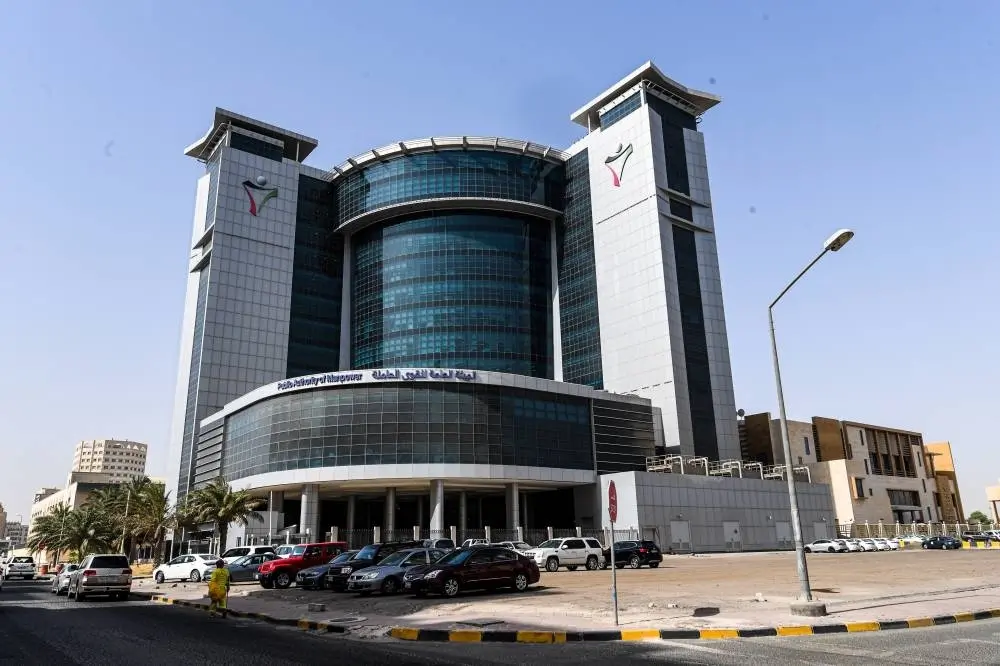22/08/2024
22/08/2024
'Education-linked work permit policy could stifle skilled labor market'

KUWAIT CITY, Aug 22: As countries worldwide compete to attract real expertise and competencies that can contribute to their economies and scientific advancement, the Public Authority for Manpower (PAM) in Kuwait has taken a controversial stance by linking workers' professional titles to their educational qualifications. This policy has resulted in the denial of work permits to individuals who lack formal degrees, even if they possess extensive experience and skills, thereby depriving the labor market of valuable talent.
Observers have criticized this approach, arguing that if applied to global icons like Microsoft founder Bill Gates or Oracle founder Larry Ellison, both of whom lack university degrees, these figures would have been barred from obtaining work permits in Kuwait's private sector. This, they say, reflects a misguided attempt to raise the efficiency of workers based solely on academic credentials.
Critics are puzzled by the Authority's insistence on enforcing a decree with unclear objectives, noting that it was issued without a thorough assessment of its impact on private sector companies, which are vital to Kuwait's economic interests. They question whether the Authority is more concerned with employers' interests than the employers themselves, who are unlikely to invest in workers without practical value.
The Authority's decisions, according to these critics, make Kuwait an unattractive destination for skilled workers. They highlight the absurdity of requiring a university degree for professions like photojournalism, even if the candidate has extensive experience with prestigious outlets like The Washington Post or The New York Times. Meanwhile, someone with a degree but no practical skills could still be eligible to work in the same field.
The cancellation of hundreds of professions from the automated system and the refusal to renew residency permits for tens of thousands of expatriate workers, some of whom have held their titles for over 15 years, has caused widespread confusion among private sector companies. These companies face difficulties in renewing workers' permits due to the loss of their professional titles, which may lead to further complications, such as the revocation of privileges like driving licenses.
Observers argue that such measures are an extension of the random and disruptive policies that the labor force authority has implemented in recent years. These policies, they say, interfere unjustly with the operations of private sector companies, particularly those with a long history of contributing to Kuwait's development. They contend that these decisions have been made without considering the companies' interests or circumstances, nor the broader impact on Kuwait's economy.
While private sector companies support any legal reforms that would improve the labor market and business environment, they stress that decisions made without consulting key stakeholders weaken the market and harm the economy. They find it illogical for government agencies to make such significant decisions unilaterally, further isolating Kuwait regionally and limiting the contributions of expatriate workers. Many skilled workers are now migrating to neighboring countries that are more welcoming and willing to benefit from their expertise.
The repercussions of these unwise policies have exacerbated the shortage of specialized, professional, and technical workers. The decision to impose high fees on workers over 60, for example, has forced thousands of experienced professionals to leave Kuwait, leaving a gap that has yet to be filled. This has had a ripple effect, including the ongoing "tailors" crisis, which has severely impacted the private sector.
In light of these concerns, observers are calling on the Deputy Prime Minister, Minister of Defense, and Minister of Interior Sheikh Fahd Al-Yousef to intervene urgently. They urge him to stop the Public Authority for Manpower from overstepping its bounds and interfering with the interests of independent economic entities that comply with labor market regulations and employ national workers.
They also caution against overemphasizing academic certificates, noting that this approach has led to the spread of forged certificates and the purchase of degrees for promotions in the public sector. The observers express alarm that the Authority is now attempting to bring this problematic practice into the private sector, despite its proven harms in the public sector, asking, "Why repeat a failed experiment?"


